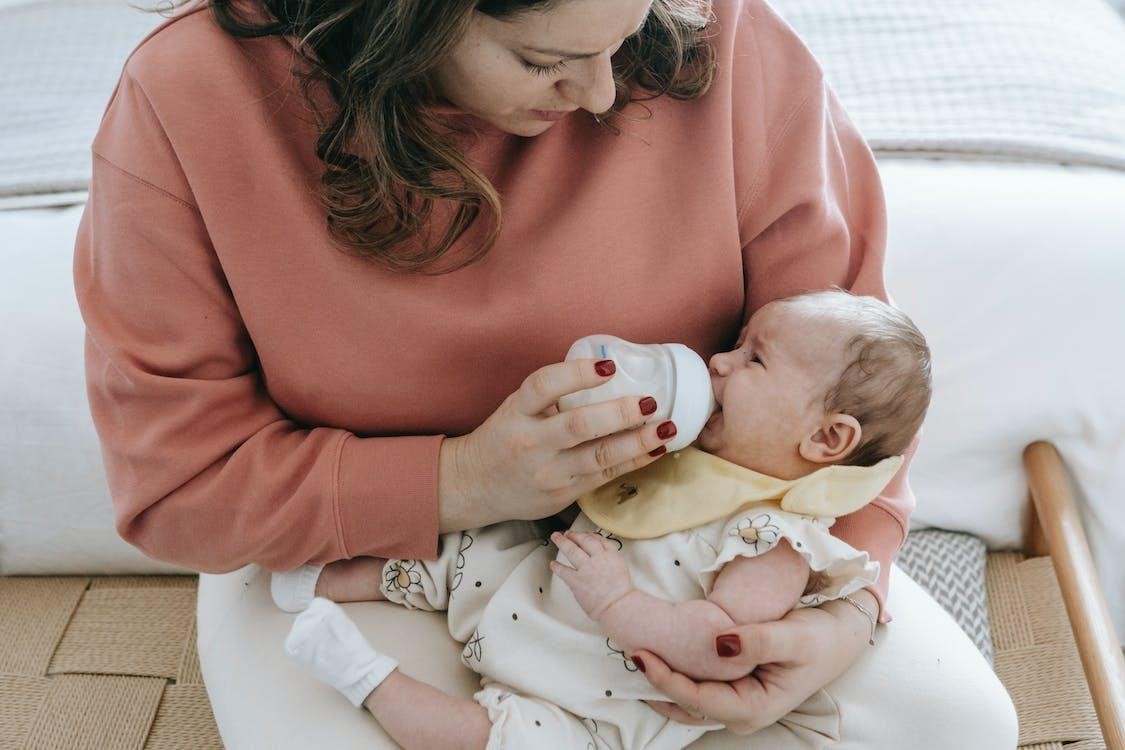6 Tips to Cope with Postpartum Depression

“This is an illness that takes away a woman’s ability to access joy…… right at the time she needs it the most” …. ….(Dr. Katherine Wisner)
Overview
Postpartum depression, a type of depression that occurs after childbirth, impacts approximately one in every eight women. The postnatal period can be exceptionally strenuous, both physically and emotionally, leaving many new mothers feeling overwhelmed and doubting their abilities as partners, homemakers, and the primary caregivers of their infants. For those grappling with these feelings of self-doubt, investigating strategies on how to overcome self-criticism may offer valuable guidance.
The likelihood of experiencing postpartum depression increases with certain risk factors, such as insufficient family support, single parenthood, and financial challenges. It’s crucial to understand, however, that postpartum depression can affect any new mother, regardless of her situation. The symptoms can vary widely in both nature and intensity, ranging from mild “postpartum blues” to the severe condition known as “postpartum psychosis.”
What are the warning signs of postpartum depression?
Signs that can help you identify postpartum depressive illness are:
- Feeling worthless
- Frequent crying bouts
- Lack of interest in your hobbies and surroundings
- Trouble sleeping
- Difficulty focusing and making decisions
- Changes in appetite
- Thoughts of harming self or baby
Tips to cope with postpartum depression
While getting help from a healthcare professional is advisable and should be the primary mode of care in severe forms of postpartum depression, several simple behavioral measures incorporated into your routine can help tremendously.
1. Prioritize self-care
Taking some “me time” may seem impossible during postpartum. But this is achievable with a bit of mindfulness and support from your partner, family and friends. Try to get some rest when the baby sleeps. Similarly, doing light house chores with the baby in a sling carrier can help you save time and keep yourself organized.
Delegate some of the household tasks to the hands offering help. Invest the hardly-earned spare time in exercise, catching up on your favorite show or a hobby you love. Schedule an hour or two a week for an outdoor activity while leaving the baby home with a trusted adult. Self-care allows you to unwind and relax.
2. Pursue a healthy lifestyle
Eating right and working out are the two essential pillars of physical and mental well-being. Don’t let your bodily insecurities limit your caloric intake to the extent that you deprive yourself of essential nutrients. Your body needs healthy, wholesome meals to recuperate from the effects of childbirth.
Taking time to exercise at least five days a week does wonders. It brings your body form and stamina back and secretes endorphins in your brain, which are natural mood elevators. Include kegels in your workout routine to stabilize the pelvic floor and improve vaginal anatomy. For profound intimate anatomical disfigurement, consider effective and minimally invasive procedures like labiaplasty surgery.
3. Bond with your baby
Mothers who suffer from PPD may wonder, “Can you have postpartum depression and still love your baby?”. The answer is yes, eventually, with the right support and guidance. You may not perceive that sudden rush of unconditional love, but it’s not something to worry about. Many new mothers feel the same, and developing fondness for their babies takes time.
Touch and talk to your baby to strengthen the bond. Lie close together, breathing in his scent and gazing into his eyes. This will also help in the letdown of breast milk. Breastfeeding itself can get you emotionally attached to the baby. Be persistent, as sometimes the connection takes time to grow despite your efforts.
4. Revitalize your romantic life
The lack of time, sleeplessness and the body transformations you go through in pregnancy and childbirth affect your romantic life. Get help from family and friends so you and your spouse can go out for a date night once in a while. This keeps the spark alive in your relationship.
The shift in body form usually reverts in a few weeks to months. However, problems like vaginal laxity, dryness and perineal scarring persist for some women, making them suffer from sexual dysfunction and anxiety. In such instances, vaginoplasty is effective in enhancing intimate physical appearance and sexual function. A passionate bond with your partner also gives you mental peace.
5. Surround yourself with a support network
Resist isolation and express your feelings by reaching out to people around you. Build a support network of family and friends that you can confide in. If you don’t feel confident about sharing your concerns with people you know, join online support groups for new moms going through the same phase of life. Talking about your problems helps shift your mood and guides you towards possible solutions.
6. Consider getting professional help
The mild form, postpartum blues, often subsides with lifestyle measures in a few weeks. Postpartum depression, however, needs to be treated with psychotherapy, antidepressants or both. Get the most out of your psychotherapy by talking about your feelings to the therapist to get guidance on coping and feeling more in control of your life.
Your doctor may also prescribe you medications to manage your symptoms. Antidepressants work by balancing the chemicals in your brain that influence your state of mind.
How long do you suffer from postpartum depression?
Baby blues start early in the first few days’ post-childbirth and usually subside in a couple of weeks without medical intervention. Postpartum depression can start anytime during the first year of giving birth and can last longer. With treatment, women can cope within a few months. Untreated patients with a lack of family and social support can experience it for longer and are prone to develop chronic depressive illnesses.
In conclusion
Postpartum depression is a significant challenge affecting numerous women. It is important to realize the warning signs early and seek help and professional guidance. Self-care, healthy eating, working out, and building a positive support network help you cope well.
Moreover, bonding with your baby and rekindling your relationship with your partner makes you reclaim a sense of joy and fulfillment in your dynamic role as a woman and a homemaker.
About the Author
Dr. Jehan Ara is a highly qualified consultant obstetrician and gynaecologist with a passion for writing and health education. She has more than 10 years of practical patient care experience. She is currently working as an Assistant Professor of Obstetrics and Gynaecology in a medical school and a clinical supervisor for post graduate residents of obstetrics and gynaecology in the affiliated teaching hospital. In addition to her clinical work, Dr. Jehan is also a passionate writer and educator. She regularly writes articles and blog posts on women’s health. She is committed to helping women understand their bodies and make informed decisions about their health.








